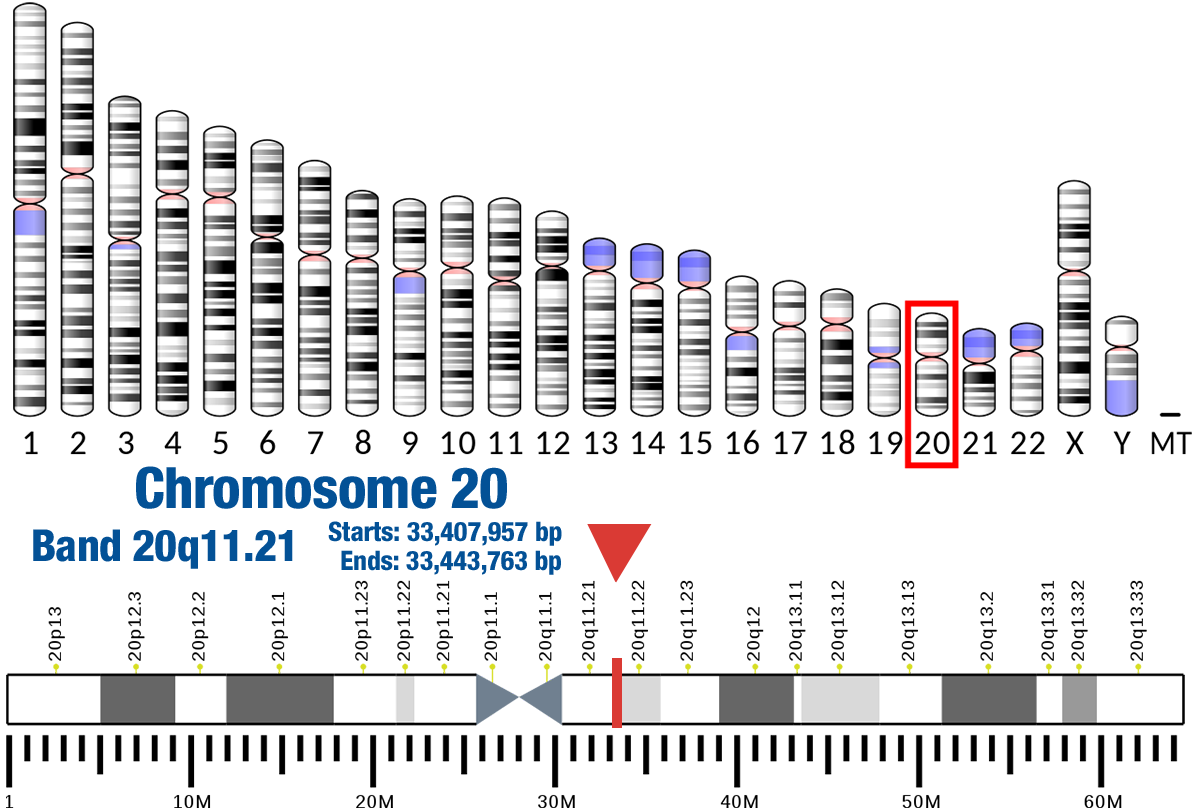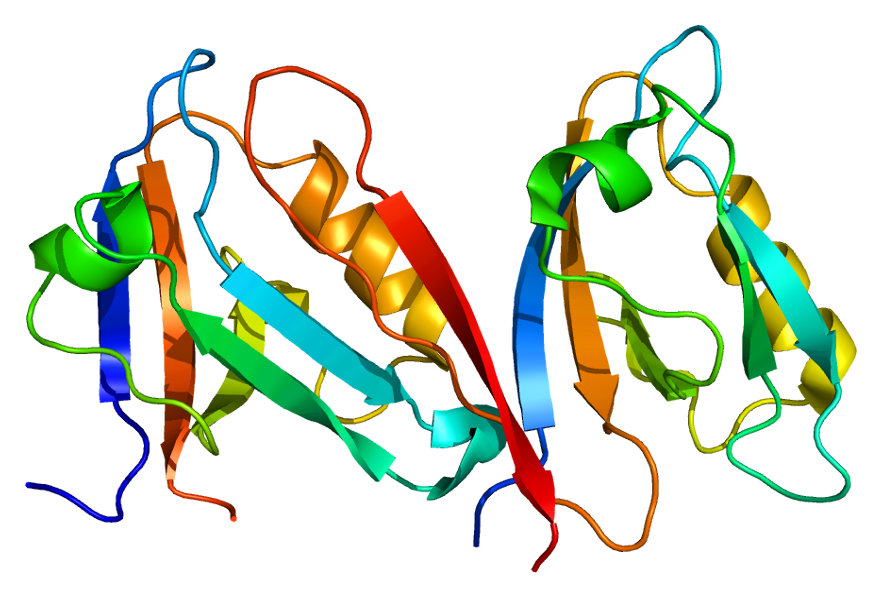
Syntrophins are cytoplasmic peripheral membrane scaffold proteins that are components of the dystrophin-associated protein complex. This gene is a member of the syntrophin gene family and encodes the most common syntrophin isoform found in cardiac tissues. The N-terminal PDZ domain of this syntrophin protein interacts with the C-terminus of the pore-forming alpha subunit (SCN5A) of the cardiac sodium channel Nav1.5. This protein also associates cardiac sodium channels with the nitric oxide synthase-PMCA4b (plasma membrane Ca-ATPase subtype 4b) complex in cardiomyocytes. This gene is a susceptibility locus for Long-QT syndrome (LQT) – an inherited disorder associated with sudden cardiac death from arrhythmia – and sudden infant death syndrome (SIDS). This protein also associates with dystrophin and dystrophin-related proteins at the neuromuscular junction and alters intracellular calcium ion levels in muscle tissue. [provided by RefSeq, Jan 2013]
- Regulation of heart rate
- Muscle contraction
- Regulation of ventricular cardiac muscle cell membrane repolarization
- Ventricular cardiac muscle cell action potential
- Negative regulation of peptidyl-cysteine S-nitrosylation
- Long qt syndrome 12
- Long qt syndrome 1
- Long qt syndrome
- Sudden infant death syndrome
- Cardiac arrhythmia, ankyrin-b-related
Gene Location



